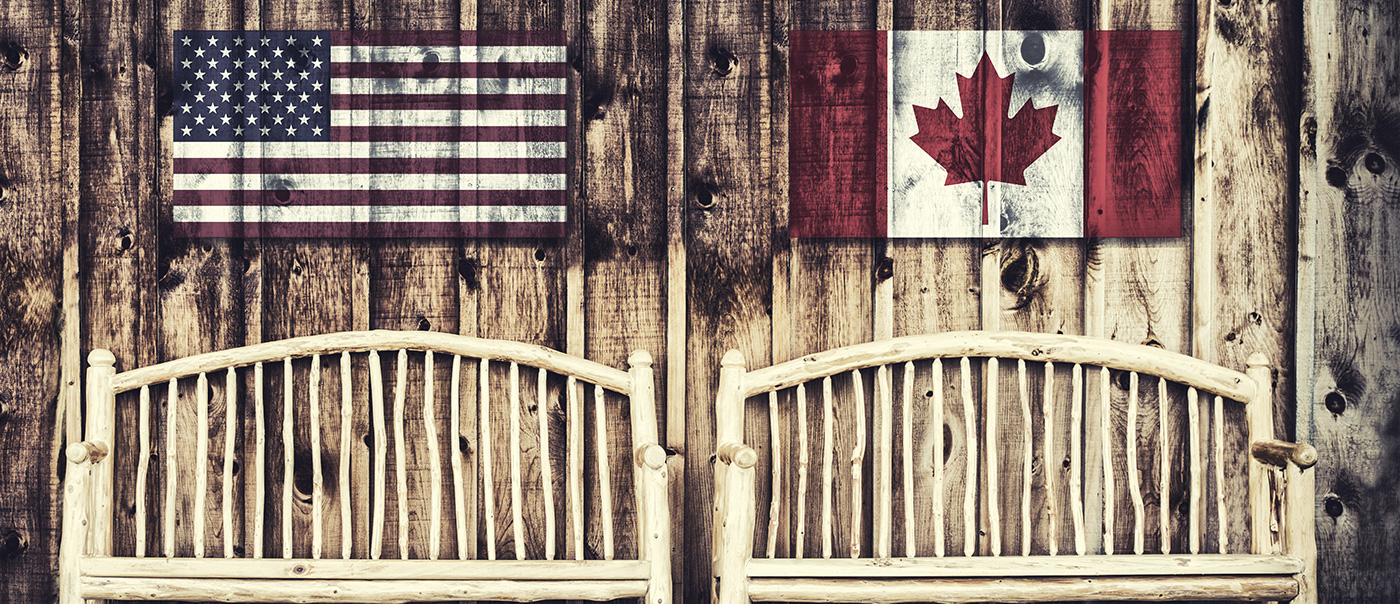“What’s next?” Nobody ever really knows until it happens. Mind you, that’s never stopped financial markets from betting on it.
Financial markets have been placing bets on what’s next for the Canadian economy with Trump as the U.S. president based on what he said during his election campaign (even knowing some politicians say things to get elected but do the contrary once in office). The bad news is that none of it would directly benefit Canadian economic growth. In fact, some of it could be directly harmful. The silver lining? What’s bad for economic growth is good news for the continuation of low interest rates.
Among things Trump said he’d do to “make America great again” is slap tariffs on U.S. imports and renegotiate or scrap free trade agreements. That’s hardly welcome news for Canadian manufacturers or the people working for them. If Trump continues to do the things he said he’d do, then expect Canadian exports to the U.S. to gain little ground. The U.S. is by far Canada’s biggest export market. Until recently, the Bank of Canada has been counting on stronger Canadian exports to fuel Canadian economic growth.
The Bank has also long been expecting Canadian business investment to pick up and fuel economic growth. However, unless demand for Canadian exports picks up, businesses would continue to have little incentive to boost investment in production lines.
The other big thing Trump’s said he’d do is tinker with federal fiscal policy by way of cutting U.S. income taxes and boosting government spending on U.S. infrastructure. Financial markets think that would stoke U.S. inflation so U.S. bond yields have climbed. That’s putting upward pressure on Canadian bond yields and the interest rates tied to them. It’s a trend that, for now, may have stabilized. However, that trend may pick up again once Trump actually announces tax cuts and higher government spending.
All in all, Trump’s protectionist trade stance is likely to weigh on Canadian economic growth, while his fiscal policies may cause longer-term interest rates to rise further. That would likely prevent the Bank of Canada from even musing about the need to hike its trend-setting overnight lending rate amid continuing weakness for Canadian income growth and listless consumer price inflation.
Variable mortgage interest rates are closely tied to the Bank’s key policy rate, so Canadian home buyers who finance using a variable interest rate would benefit from Trump’s economic policies. Will that happen? Time will tell.





